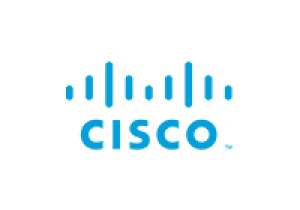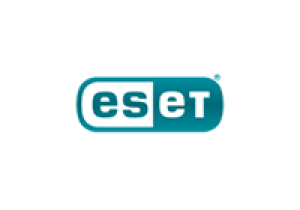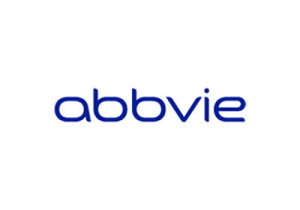One of the most important roles of eID card is to allow citizens a safe and reliable method of accessing electronic services. When we talk about electronic services it is not reasonable to focus only on eGovernment. One should also take into consideration eHealth, eBanking, eVoting, eShopping and other e-services. EID card is to be understood not only as the secure storage of personal and sensitive data of a citizen - the holder of the eID card, but also as a gateway to other personal information. This implies a set of risks for the protection of citizens' privacy through inadvertent disclosure of personal information. These risks may result in strong demotivation of citizens to use eID cards. What measures and technical solutions should take the card issuer to address these risks, particularly in cases where the possesion of such cards is mandatory for citizens? How a specific application of eID cards in practice could look like in Slovakia?
Sign in to ITAPA Health&Care 2025
Michal Ševčík
Michal Sevcik obtained his Master's degree at the Slovak Technical University in Computer Science. After finishing his studies he started to gather his professional experience as a junior analyst working for Digital. Later he has gained experience and skills working on software development projects for key players in the financial and mortgage brokering market in New Zealand and Australia. Since his return to Slovakia in 2001 he has been working for Compaq and then Hewlett-Packard as a business analyst and solution architect using his experience and skills to analyze, design and implement complex IT projects and deliver system integration projects in the public sector. Since 2004 he was focusing mainly on the technologies and projects re…
See more info about the speaker




















